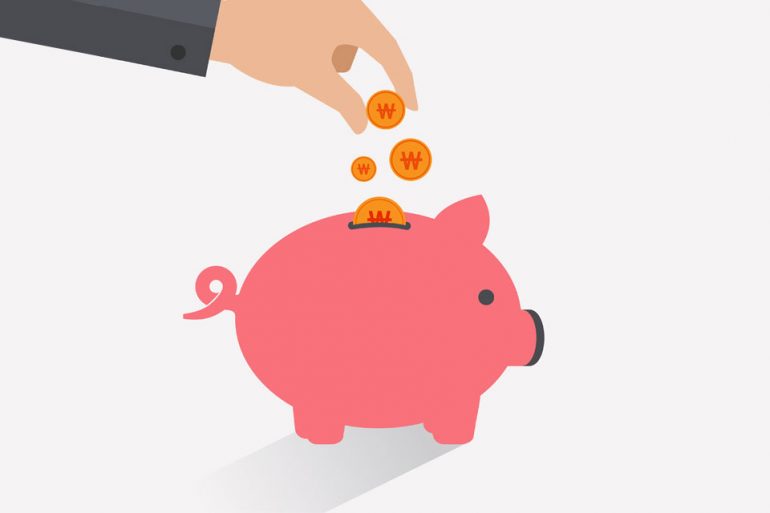If you’re saving for short-term goals, consider using these FDIC-insured deposit accounts:
Savings account
Certificate of Deposit (CD), which freezes your money for a fixed time at a rate that is generally higher than savings accountsFor long-term goals, consider:
FDIC-insured Individual Retirement Accounts (IRAs), which are fiscally efficient savings accounts
Securities, such as stocks or mutual funds. These investment products are available through investment accounts with a stockbroker. Remember that securities are not FDIC insured, are not deposits or any other bank obligations, and are not guaranteed by a bank. They are subject to investment risks, including the possible loss of your capital.Tip: You don’t have to choose just one account. Take a look at all of your options and consider things like minimum balances, fees, and interest rates, so you can choose the products that will best help you save for your goals.
Make automatic savings
Almost all banks offer automated transfers between your checking and savings accounts. You can choose when, how much and where to transfer money, and even split your direct deposit so that a portion of each paycheck goes directly to your savings account.
Tip: Splitting your direct deposit and setting up automated transfers are easy ways to save money since you don’t have to think about it, and it usually reduces the temptation to spend the money instead of saving it. With Mobile Banking and Online Banking, Bank of America customers can quickly establish automatic transfers between accounts.
8
Watch your savings grow.
Review your budget and see your progress each month. Not only will this help you stick to your personal savings plan, but it will also help you quickly identify and correct any problems. Knowing how to save money can motivate you to find more ways to save and reach your goals faster.
How to save money step by step
Having a plan to save money is essential, but that is not the only important thing to see your bank account grow and improve your domestic economy.
I could spend a while answering what is saving, but I think it sums up well in a straightforward sentence.
Saving is spending less than you earn and doing it consistently over time.
First of all, I will show you in-depth 5 tips to save money that you should not overlook.
Control your expenses to save more
Earning money costs a lot, but money flies when you have it in your account; what if?
The first step to start saving more is to control your expenses in detail.
It is impossible to optimize savings if you do not know how much you spend and on what.
Therefore, you must spend at least 2 or 3 months writing down absolutely all your expenses in an excel spreadsheet.
Later, if you are more technological, I will tell you about a savings application to automatically track your expenses.
It may seem like a lot of work, and it is. But I’ve told you before, the answer to how to save money is not to apply some magic tricks; it takes effort.
Nothing good comes easily.
Once you have all your monthly expenses, you can group them into categories to have an overview and sort them by priority.
The best way to save is to eliminate unnecessary expenses, those that do not contribute much.
So that you can see how to control your expenses practically, below, I show you 2 real examples of people I know who have already controlled their expenses.
I have taken these examples from my book, Investing and managing money for everyone.
I will analyze them thoroughly and give my opinion on when these people could spend less to save more money.
limit your debt
Start with debt if you are trying to save money through a budget but still carry a lot of debt. Not convinced? Add up how much you spend per month on debt support, and you’ll quickly find out. Once you are free to pay interest on your debt, that money can easily be saved. A personal line of credit is only an option to consolidate the debt, to be able to pay it better.
